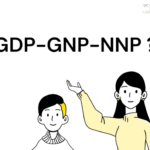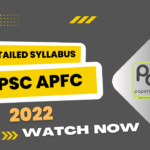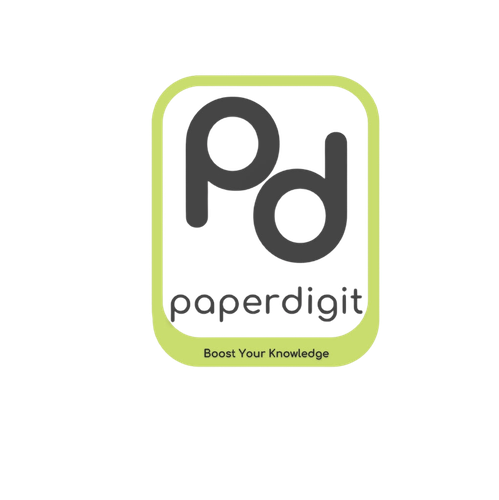UPSC Most asked terminology in prelims & mains
Every UPSC aspirants want to crack India’s topmost toughest examination in their life and become a top bureaucrat in the Government of India. But it is not possible without the proper command of the UPSC syllabus and previous years question paper analysis. Paperdigit encodes a way that will help you to crack the UPSC examination most simply and a modern approach technique will help you to understand the entire syllabus of UPSC.
UPSC Prelims & Mains

Every UPSC aspirants know that for became the civil servant in India there is only one way, that is CRACK UPSC and for that, you have to 1st clear the UPSC PRELIMS stage which comes out with 2 papers, one GS paper and another is CSAT. Both the papers are important and equal weights are to be maintained for clear prelims stage. For more details information you can click here
List of Important Terminology for UPSC.
Elucidate:-
It means to throw light on or explain. The statement is to be made intelligible by providing relevant facts and figures. You are not going to differ in such questions but just follow the track it provides to you, just giving explanations, if required with examples, to elucidate i.e. convince the statement.
Explain:-
It is almost like same as Elucidate. Minor difference that appears in answer writing is that with definition and necessary details, one can just be within the area of statement while explaining it.
Comment:-
Requires personal views of a candidate. Remember “to comment” is not “to argue”. It is necessary here to be balanced on each aspects, for and against, including every topic of the statement. Though a candidate can conclude either for or against but not necessarily to any one side specifically. Illustrations, incidents, datas, facts can be used to comment your view.
Examine:-
This question compulsorily requires result of examination. One cannot be at middle point or remain indecisive to be neutral. The statement requires a close inspection to bring out facts throwing light on various merits and demerits and concluding on any one side.
Critically:-
Here too, one must give judgement, most important. One needs not to justify any fact or point but to be critical to them so that no side – for or against – seems to be favoured. As a critic does not be either for or against but for at some aspects and against at others.
Discuss:-
It gives you a chance to narrate various aspects and details of the statement. It is comparatively easy to discuss as you are neither required to explain nor to examine. Just providing necessary detail about various aspects of the question will suffice the answer.
Analyse:-
Analysis is something like scientific technique. One by one each aspects of the statement are taken into consideration. While dealing with one aspect, examine it, discuss it and comment upon it and then conclude separately for that aspect without having relevance to others. But remember each aspects, differently analysed must be coordinated and conclusion should be formed as a whole, of the whole analysis.
Illustrate:-
To give example to explain the topic in the statement, to make it clear. Here too, relevant data, quotations and facts can help to point out. But it must be remembered that you are not going to write an opposite to the statement. One needs to follow the direction of the statement and to explain it in that way.
Simplify:-
To simplify means to made simple the statement. Give definition, meaning, explanation, details, examples and make the statement easy to grasp.
Elaborate:-
It requires to add related details to make it full of meaning. Without necessary details some statements do not bear meaning. You are to provide its back ground, basis and then related detail to clear the whole picture in your words.
Argue:-
To argue is to give for and against arguments on different aspects and effects of the statement. Remember, both sides must be covered. Balanced argument is advisable but if the topic is very positive or very negative, that side can be emphasised.
Review:-
To review is to have a look on the historical facts of the statement. It is an expertise inspection of any topic. What outcomes and results you get, produce there.
Justify:-
A statement regarding any result, decision or fact is given. Candidate has to justify it by explaining its benefits or merits and expressing its effect on minimising the adverse side. To prove propaganda in the statement logically and step by step is the expectation.
All the above are the most important terminology which is asked in every UPSC examination .
This article Credit /Attribute
(Indian Foreign Service–2010)













